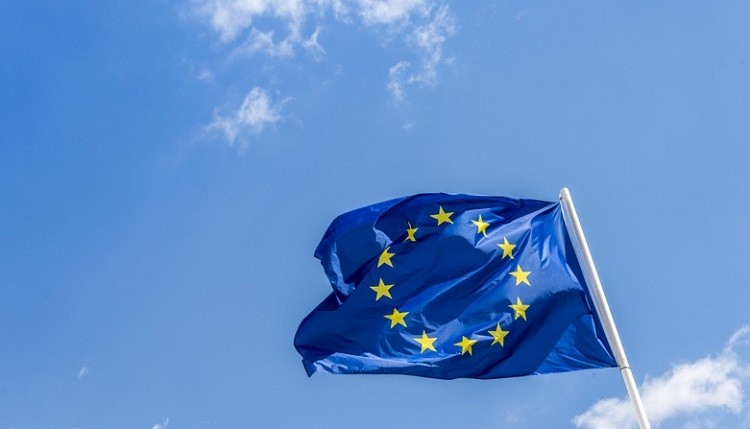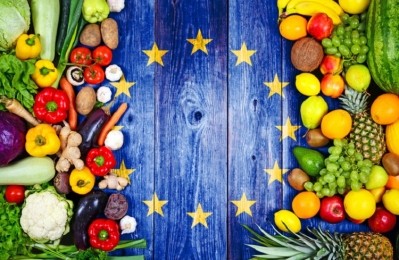EU votes to blacklist ‘dual quality’ food with maximum €10m penalty

Today (January 22 2019), MEPs voted 37 to one, with one abstention, in favour of an amended proposal blacklisting ‘dual quality’ food. The proposal is part of the New Deal for Consumers package announced last April.
Per the amendment, companies marketing food products that are ‘significantly different’ – in composition or characteristics – could be fined up to €10m, or 4% of the trader’s annual turnover in the countries concerned, whichever is higher.
According to the European Parliament, the ruling means that consumers will be better protected against misleading and unfair practices. The text needs to be approved by the full House before negotiations with Council can begin.
‘A step in the right direction’
According to the European Consumer Organisation (BEUC), the vote is “a step in the right direction” towards eliminating dual quality practices in the single market.
"The EU Parliament’s IMCO Committee improved the European Commission’s draft law in several ways: MEPs heeded our call and deleted the notion of ‘significant’ difference in composition, which risked introducing loopholes and interpretation issues.
“MEPs also stated that regardless of whether a difference in recipe may be justified, for instance on grounds of proven consumer preferences or availability of local ingredients, this difference should be clearly communicated to the consumer,” BEUC senior food policy advisor Camille Perrin told FoodNavigator.
The organisation is waiting for the results of the Joint Research Centre (JRC)’s EU-wide testing campaign, designed to collect evidence on the issue of dual quality foods, which Perrin said “will help shed further light on the issue”.
A ‘real deterrent’?
However, the BEUC has raised concerns regarding the penalty protocol for offending manufacturers. According to the proposal, the maximum fine can only be imposed “following a coordinated action” between several national authorities.
Many Member States are limited by the size of the fine they can impose on a company for breaking consumer law. In Lithuania, for example, the maximum imposable fine is €1,448, which director general of BEUC Monique Goyens fears is not a “real deterrent”.
“MEPs are right to confirm the proposed maximum fines up to at least the 10-million-euro mark. But we regret that this is made conditional on there being an action conducted by several national authorities,” said Goyens in a statement.
Ruling could suppress innovation and choice, says FoodDrinkEurope
FoodDrinkEurope, the lobby that represents the interests of food manufacturers, has spoken out against certain aspects of the ruling.
While the member organisation said it is “strongly against any deliberate ‘dual quality’” of food, it is not against customising products according to local environments, including “local preference – even within the same Member States – raw material availability, national regulatory requirements, different national nutrition/health/sustainability strategies, and more,” wrote FoodDrinkEurope in a statement.
The organisation is also concerned the ruling could lead to food and drink brands having the exact same recipes across the bloc.
“This would in turn limit product innovation and consumer choice, increase consumer prices in certain markets…and negatively affect local agricultural supply in these markets.
“Moreover, it can lead to problems of unfair competition between multinational operators vis-à-vis local competitors.”
FoodDrinkEurope has requested co-legislators ‘better’ analyse the impacts of the policy options. “We stand by the efforts of our members to cater to the different culinary tastes and traditions of Europe which make our continent so unique.”

























